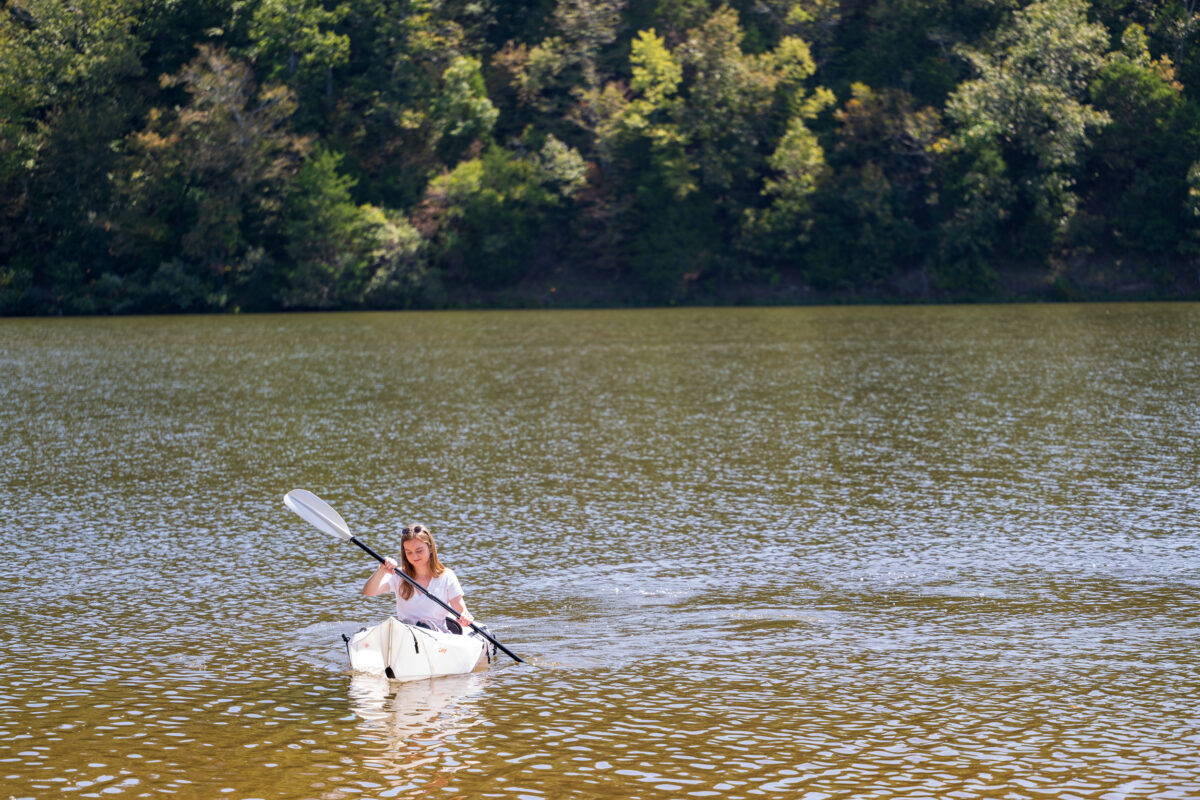Alabama moves up nationally in biodiversity, according to BSC scientist
Reading time: 3 minutes

Don’t you love it when a new blog by a respected scientist makes an announcement that makes you proud to live in Alabama.
Earlier this week, according to the first post in his new blog, Birmingham-Southern College professor Dr. Scot Duncan revealed that he had crunched the numbers and — drumroll please…
The state of Alabama now ranks 1st in the eastern U.S. and 4th in the nation in biodiversity.
Landmark Report Updated

The author of Southern Wonder: Alabama’s Surprising Biodiversity, Duncan came to that conclusion when he did his own update of the landmark 2002 report, “States of the Union: Ranking America’s Biodiversity.” The nearly two decade old report ranked Alabama 5th nationally when comparing U.S. states to each other in total number of species.
Thanks to scientists finding more and more new critters in Alabama every year, we handily surpassed New Mexico. Number of species-wise we are in a virtual tie with Arizona for third place, and let’s not forget, the Grand Canyon State is twice the size.
Why Does It Matter?

Much like Alabama Football, when it comes to biodiversity we are perennial champs. I asked Duncan why Alabamians should care and why it matters. He provided these wise words.
“Alabama is not just important nationally, it’s important globally. We are THE global hotspot for freshwater turtles, snails, mussels, and crayfishes. And, we are one of the top global hotspots for freshwater fishes.

This isn’t just about nature; this is about us. The global extinction crisis is accelerating. As we lose species, the ecosystems they maintain unravel. That’s dangerous because ecosystems provide us with clean water and air. They provide us with food, fuel, fiber, and medicines. And they buffer us against climate extremes such as hurricanes and droughts.Thus, when we save nature, we save ourselves.
Fortunately, global problems like the extinction crisis have local solutions. With Alabama home to so many species, and with so many of them endangered, we absolutely must step up our efforts to protect Alabama’s biodiversity. I write about the solutions in my forthcoming book, and I’ll be writing a lot about them in my upcoming blog posts.”
Bookmark and Sign up to the Blog

If you want to learn more about Duncan’s methodology read his new blog and bookmark the link. You can also sign up to receive notifications. If you care about nature and Alabama’s environment it is a must read.
More Resources
We look forward to more posts by Dr. Scot Duncan about biodiversity. Bham Now has written extensively about the issue over the years, especially the little known fact that Alabama is first in the nation in the number of different kinds of freshwater fish, turtles, and yes… crayfish. Sorry Louisiana.



